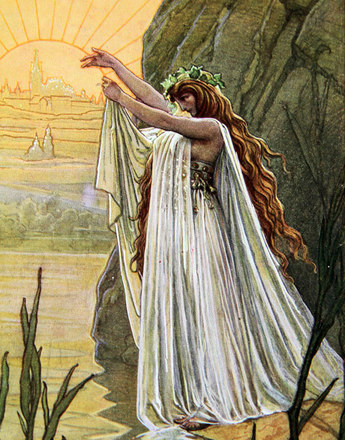The rise and fall of Austro-Slavism
"Truly! If the Austrian empire had not already long been in existence, one would have to hurry to create it in the interests of Europe, in the interests of humanity itself."
The Czech historian and father figure of the Czech 19th century national renaissance, František Palacký (1798–1876), voiced his commitment to Austro-Slavism in his refusal to take part in the Frankfurt National Assembly of 1848.
"We Slavs are by far the largest power in this state, it is through our money and our blood that it survives, but Austria will exist only as long as we want it to – but we do want it to."
František Ladislav Rieger (1818–1903), Czech politician, journalist and spokesman of the Austro-Slavs in the Austrian Imperial Diet.
Křen, Jan: Dvě století střední Evropy [Zwei Jahrhunderte Mitteleuropas], Praha 2005
Moritsch, Andreas (Hrsg.): Der Austroslavismus. Ein verfrühtes Konzept zur politischen Neugestaltung Mitteleuropas [Schriftenreihe des Internationalen Zentrums für Europäische Nationalismus- und Minderheitenforschung 1], Wien 1996
-
Kapitel
- The drive for unification
- The radical German nationalists and their attitude to the Habsburg Monarchy
- The concept of ‘German Central Europe’
- Together we are strong: Pan-slavism and "Slavdom"
- The rise and fall of Austro-Slavism
- "Two branches of one nation" – Czechoslovakism as a political programme
- Viva l’Italia! Italian irredentism and the Habsburg Monarchy
- From Illyrism to Yugoslavism: competing concepts for a southern Slav nation
- Élyen a Magyar – long live the Magyars! Hungarian Magyarization policy





